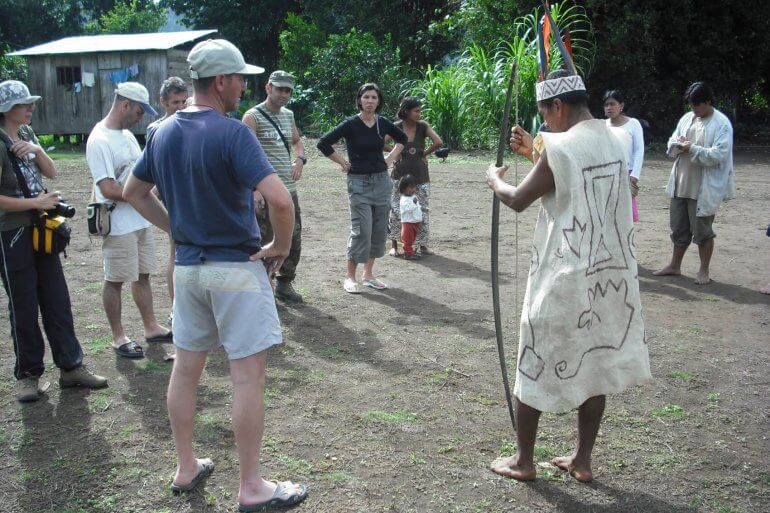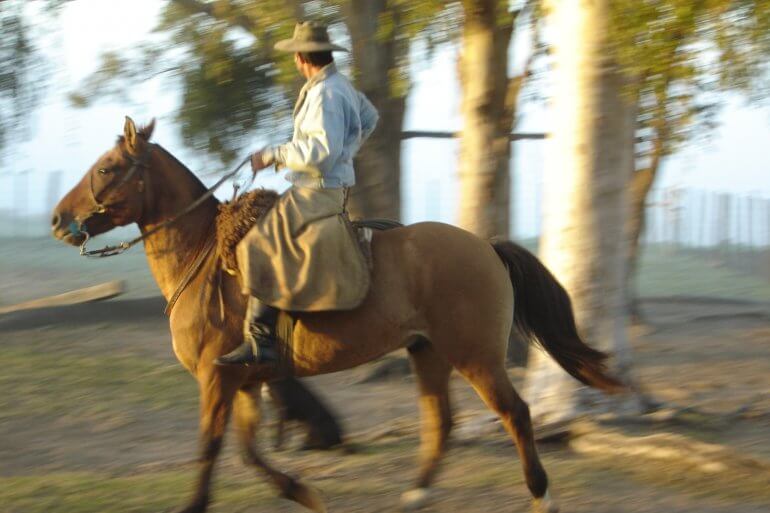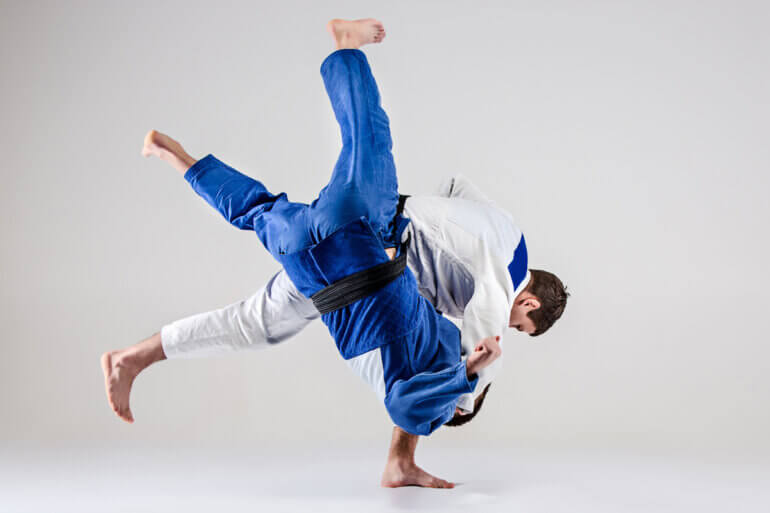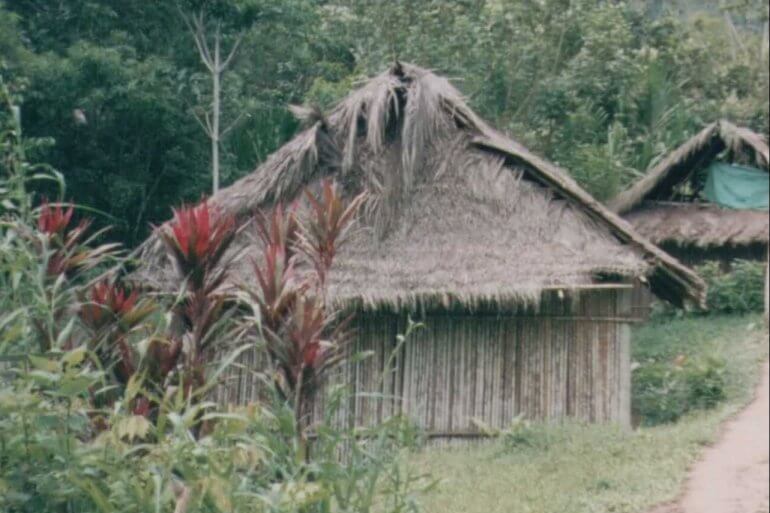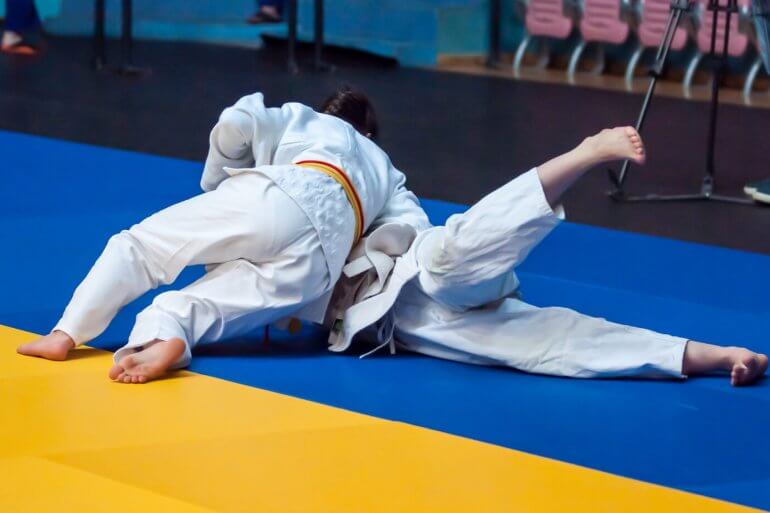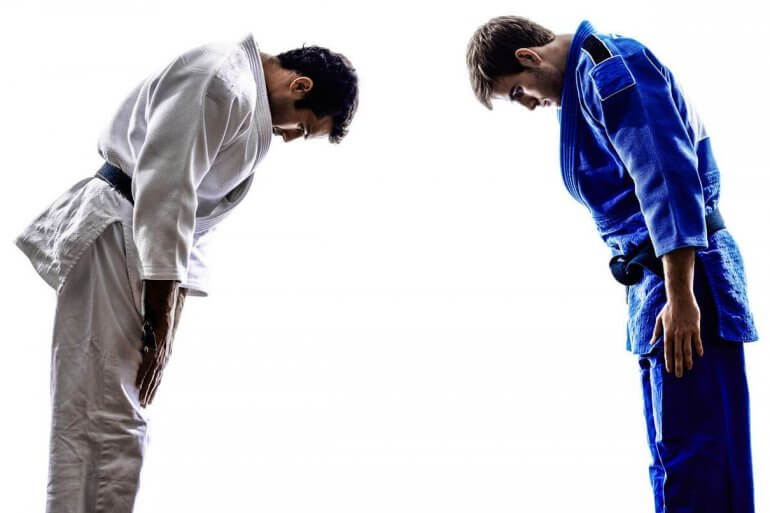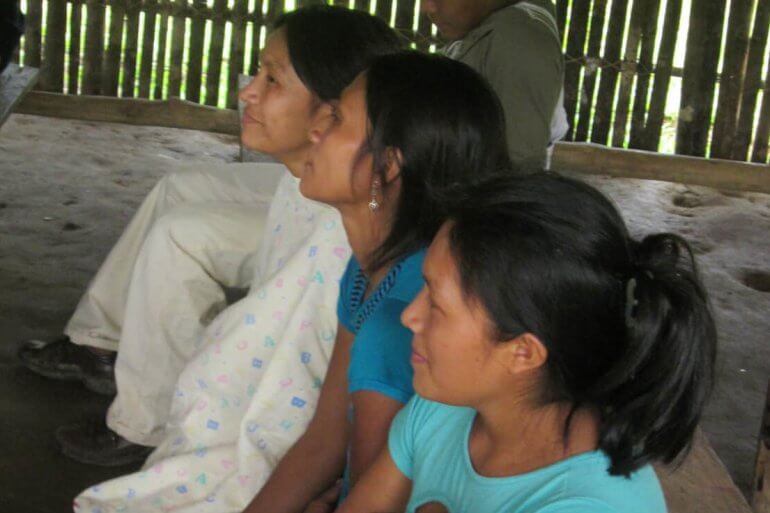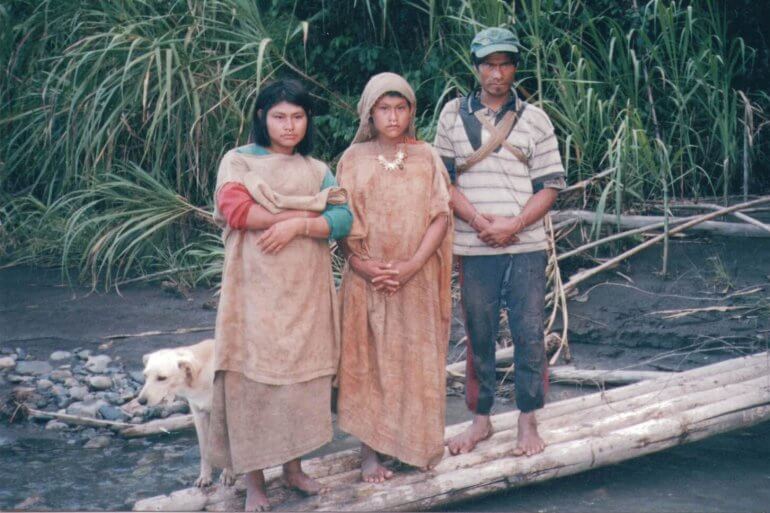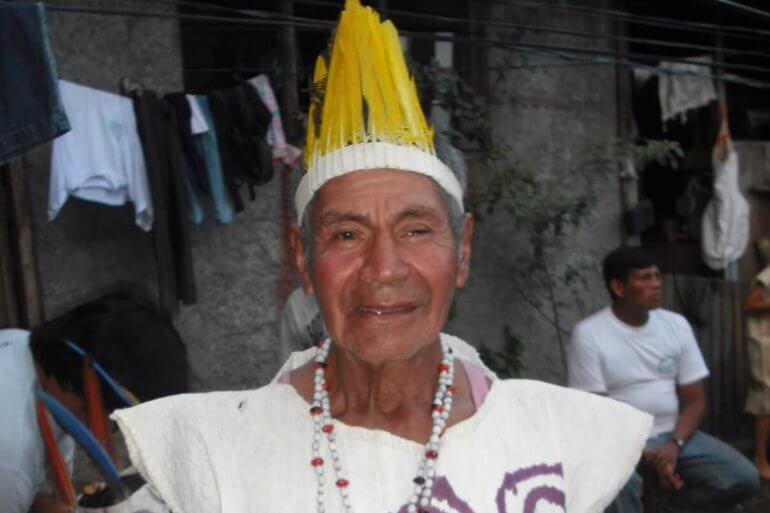Members of the Wachiperi community of Queros in Peru have been developing a community-based cultural tourism program. Learn more about this initiative
As landholders and workers adapt to the evolving socioeconomic trends, the mix of cattle ranching and agriculture may hold the key to their survival
The key elements of a judo throw are getting a firm grip (Kumi Kata), getting your opponent off-balance (Kuzushi), getting into position (Tsukuri), and executing the throw (Kake)
We need to fully acknowledge the complex, multidimensional, and changing environmental behavior of indigenous peoples, which varies across settings
Judo can instill values, build character, and develop social and problem-solving skills, allowing you to stay focused and achieve success in many areas, while keeping you in good shape
Two key principles of judo are maximum efficiency with minimal effort and mutual benefit, which are used in combination with strategy, safety, and situational risk awareness
Indigenous peoples like the Awajun are experiencing significant cultural change, which should be taken into account to understand their current culture, economy and society
Social safeguards add layers of protection that could prevent dramatic adverse effects on the lives of dozens, hundreds or even thousands of families
Book review of "Hunting Practices of the Wachiperi: Demystifying Indigenous Environmental Behavior," highlighting lessons for conservation and development
No More Content

